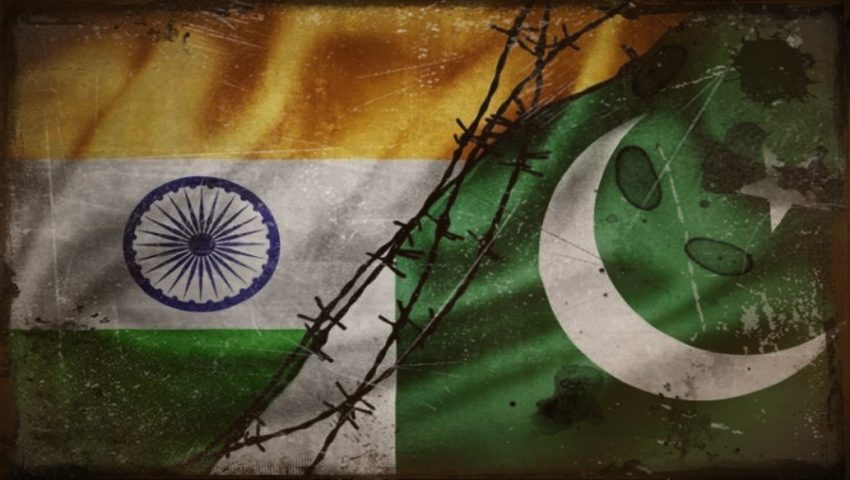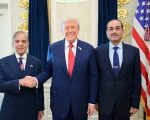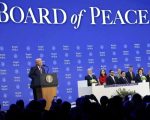As I observe flurry of diplomatic activity emanating from New Delhi and Islamabad yet again, I can’t help but be struck by the sheer dissonance in their approaches, and now, by what I can only describe as a telling international rebuff to India’s core narrative. Both nations are out in the world, attempting to rally support after last month’s military tensions. Yet, it is India’s gargantuan diplomatic roadshow that I find particularly, and frankly, bewildering, especially when contrasted with what appears to me to be Pakistan’s more focused and, as recent events suggest, more effective engagement with international community.
Let’s be clear: Prime Minister Modi’s government in India, a government that I’ve always understood to be fiercely protective of its sovereignty, has dispatched a staggering seven delegations to thirty-three foreign capitals. I must ask, what is the strategic imperative of sending high-level envoys to places like Bogotá or Ljubljana in the context of an Indo-Pakistani dispute? To my mind, this smacks more of a global public relations onslaught, an attempt to saturate the international discourse with India’s narrative, rather than a genuine effort at nuanced diplomacy – a narrative, I might add, that seems to be losing traction.
Contrast this, if you will, with Pakistan’s approach. We see figures like former Foreign Minister Bilawal Bhutto Zardari leading a delegation to the UN Security Council to brief its Elected Members (E10). When Mr. Bhutto Zardari stood before these influential representatives, he was articulating what I see as legitimate grievances. He categorically rejected India’s, in his words, “baseless and premature allegations” following the Pahalgam incident, rightly pointing out they were made without any credible investigation. He went on to highlight that India’s reckless actions—including targeting civilian areas and the profoundly concerning unilateral holding in abeyance of the Indus Waters Treaty—represent what I, too, see as a “dangerous departure from established rules-based international order.”
Of course, I understand that domestic politics are always at play. Mr. Modi’s government can certainly use this global tour to further burnish its strongman image at home. But for Pakistan’s government, taking its case to the UN, as Mr. Bhutto Zardari has done, feels less like political posturing and more like a necessary appeal to international law and conscience.
The tangible demands each side is making also paint a telling picture in my eyes. Pakistan’s urgent pleas concerning the Indus Waters Treaty are, I believe, appeals to avert a potential humanitarian crisis. On the other side, India’s relentless insistence that the world focus solely on terrorism as defined by New Delhi increasingly rings hollow. And here lies a development I find particularly illuminating: just as India dispatches its teams across the globe to label Pakistan, Pakistan has achieved what I consider a significant global diplomatic success. The UN Security Council has elected Pakistan as the Vice-Chairman of its own Counter-Terrorism Committee (CTC) for 2025.
Let that sink in. The very body at the UN dedicated to combating terrorism has elevated Pakistan to a leadership role. This, in my opinion, is not just a success for Pakistan; it’s a profound diplomatic failure for Mr. Modi and his government’s relentless, almost singular foreign policy objective of isolating Pakistan on the terror front. If Pakistan were truly the global epicenter of terrorism that India tirelessly claims it is, would the international community, through the UNSC CTC, entrust it with such a responsible position? I think not. It suggests the world is capable of a more nuanced view than India’s propaganda allows.
This development starkly undermines India’s global narrative. It makes their widespread diplomatic offensive to brand Pakistan look out of touch with the consensus forming in crucial international forums. As Mr. Bhutto Zardari’s delegation made clear at the UN, Pakistan’s response to what it terms “Indian aggression” was “calibrated, responsible, and fully consistent with international law.” Now, with the CTC vice-chairmanship, Pakistan has tangible international validation that its voice and role in counter-terrorism efforts are taken seriously.
So, while India continues its global grandstanding, Pakistan appears to be securing quiet, substantive victories on the international stage. It is my firm opinion that lasting peace requires New Delhi to abandon what I perceive as its increasingly ineffective narrative war, acknowledge Pakistan’s legitimate concerns and its standing within the international community, and genuinely choose the path of equitable dialogue over a diplomatic projection of force that the world, it seems, is beginning to see through.
A Seat at the Table Withheld: Modi, the G7, and a Diplomatic Chill Turning Bitter














